The history of Biblical gardens will be incomplete if we don’t talk about King Solomon’s garden.
Famines and disputes were constant threats during Biblical times. Numerous accounts of wars that involved ancient Israel, Egypt, Assyria, Babylon and other regional powers took place throughout the ages, as per God’s designated purpose and time. However, Biblical scriptures also mentioned an era of unprecedented prosperity.
When reading the Old Testament, you’ll see that kings were often looked on as more than mere mortals; they were considered as superbeings since they could accomplish impressive things that no mere human being could do on his own – Saul, the mighty warrior and David, the mere shepherd who defeated Goliath and became king. In many ways, kings were deemed as figures of national pride and advocates for the helpless. But, there was one king whose reign brought a time of great prosperity when people were as numerous as the sand on the seashore and lived happily; they ate, they drank and were content. That’s the era of King Solomon’s reign.
In 1 Kings 4: 25, we read, “During Solomon’s lifetime Judah and Israel, from Dan to Beersheba, lived in safety, everyone under their own vine and under their own fig tree.
This happy and peaceful state of the kingdom was credited to Solomon’s wisdom and faithfulness toward God. Solomon inherited a strong monarchy from his father, King David, but his unsurpassed wisdom for which he was known was granted to him by God. When God asked him what he wanted, Solomon chose wisdom over money, strength and fame. Since God was pleased with his choice, He blessed him with great wisdom as well as riches, honor and a long life.
None of the Israelite kings had the power and prestige as Solomon had and so the golden age of Israel began under his reign. There was peace and unity and the nation reached its highest point of honor, wealth, respect and power.
As you read through the first book of Kings and the second book of Chronicles, you’ll find accounts of a royal palace and a luxurious garden.
King Solomon’s Palace
 Honestly, no palace in the stories of kings of the Bible so speaks of grandeur as King Solomon’s royal palace, also known as the Palace of the Forest of Lebanon.
Honestly, no palace in the stories of kings of the Bible so speaks of grandeur as King Solomon’s royal palace, also known as the Palace of the Forest of Lebanon.
According to Biblical scriptures, the palace was constructed over thirteen years. Built in Jerusalem, the beams and colonnades were made from cedar while the walls were made of “precious stones.” Pillars were made in bronze and decorated with lilies and pomegranates while the rest of the galleries were covered with exquisite artworks.
King Solomon’s Garden
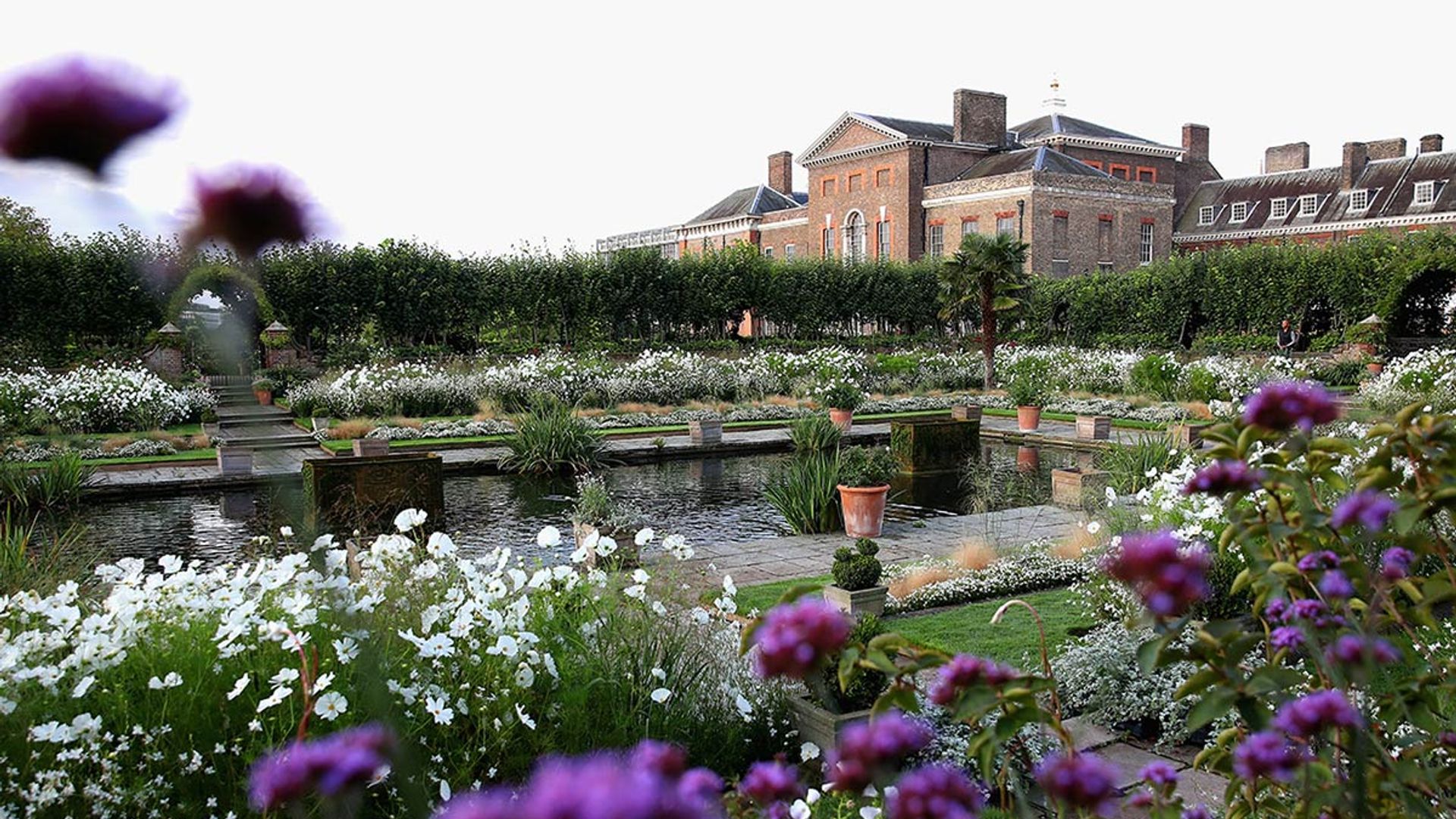 The Bible further says that a sumptuous garden grew in the royal palace. The garden was filled with henna tress, fig trees, cypresses, apples, pomegranates and other fruit trees.
The Bible further says that a sumptuous garden grew in the royal palace. The garden was filled with henna tress, fig trees, cypresses, apples, pomegranates and other fruit trees.
However, as one garden might not have been enough for a king, the royal palace also included several gardens planted with different types of herbs and flowers – with the “lily” being the most frequently mentioned flower – a few vineyards and groves of nut trees.
King Solomon and the Importance of Plants
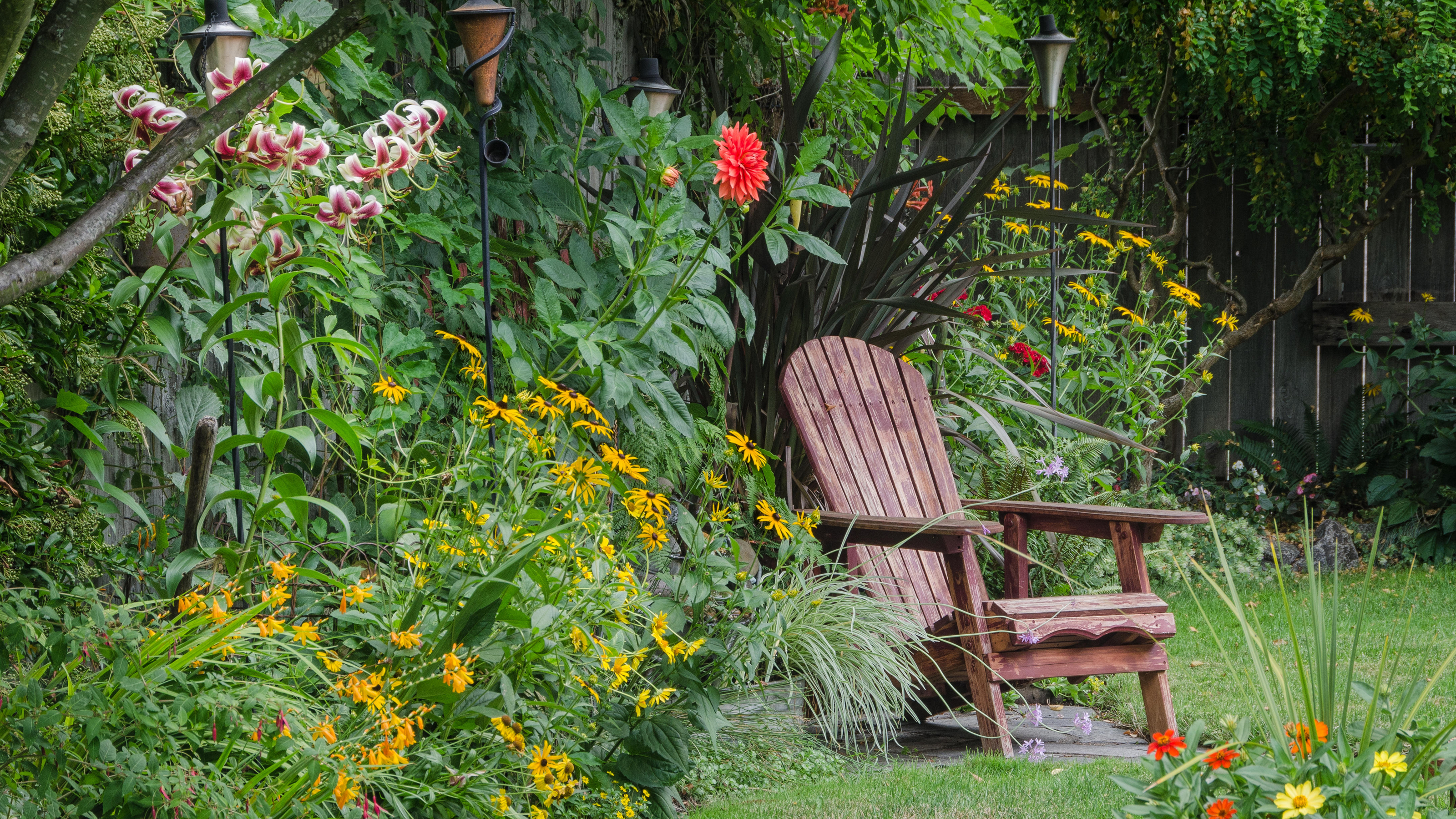 As per 1 Kings 4: 32, the King Solomon “spoke three thousand proverbs and his songs numbered a thousand and five.” From this verse, Christians tend to believe that maybe as the king, he talked a lot about affairs of the state. However, the following scripture will surprise you.
As per 1 Kings 4: 32, the King Solomon “spoke three thousand proverbs and his songs numbered a thousand and five.” From this verse, Christians tend to believe that maybe as the king, he talked a lot about affairs of the state. However, the following scripture will surprise you.
“He spoke about plant life, from the cedar of Lebanon to the hyssop that grows out of walls. He also spoke about animals and birds, reptiles and fish. From all nations people came to listen to Solomon’s wisdom, sent by all the kings of the world, who had heard of his wisdom.”
– From 1 Kings 4: 33-34
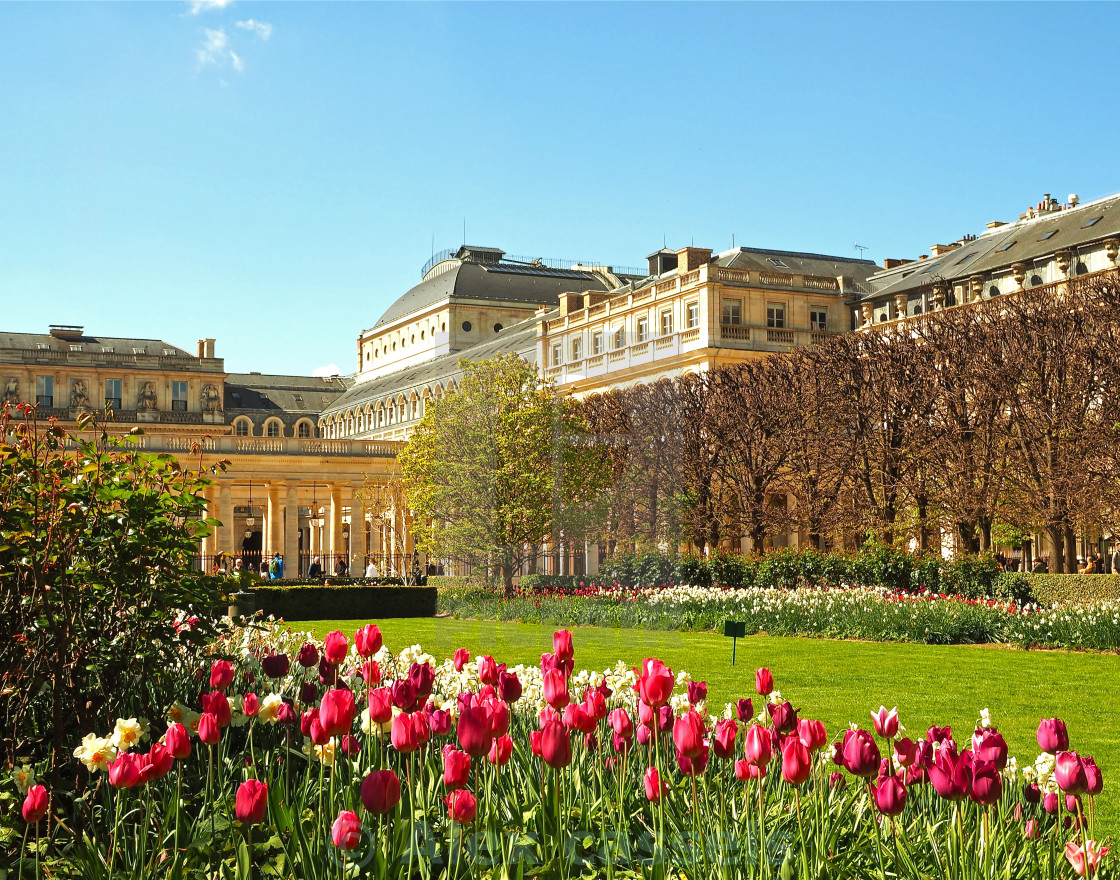
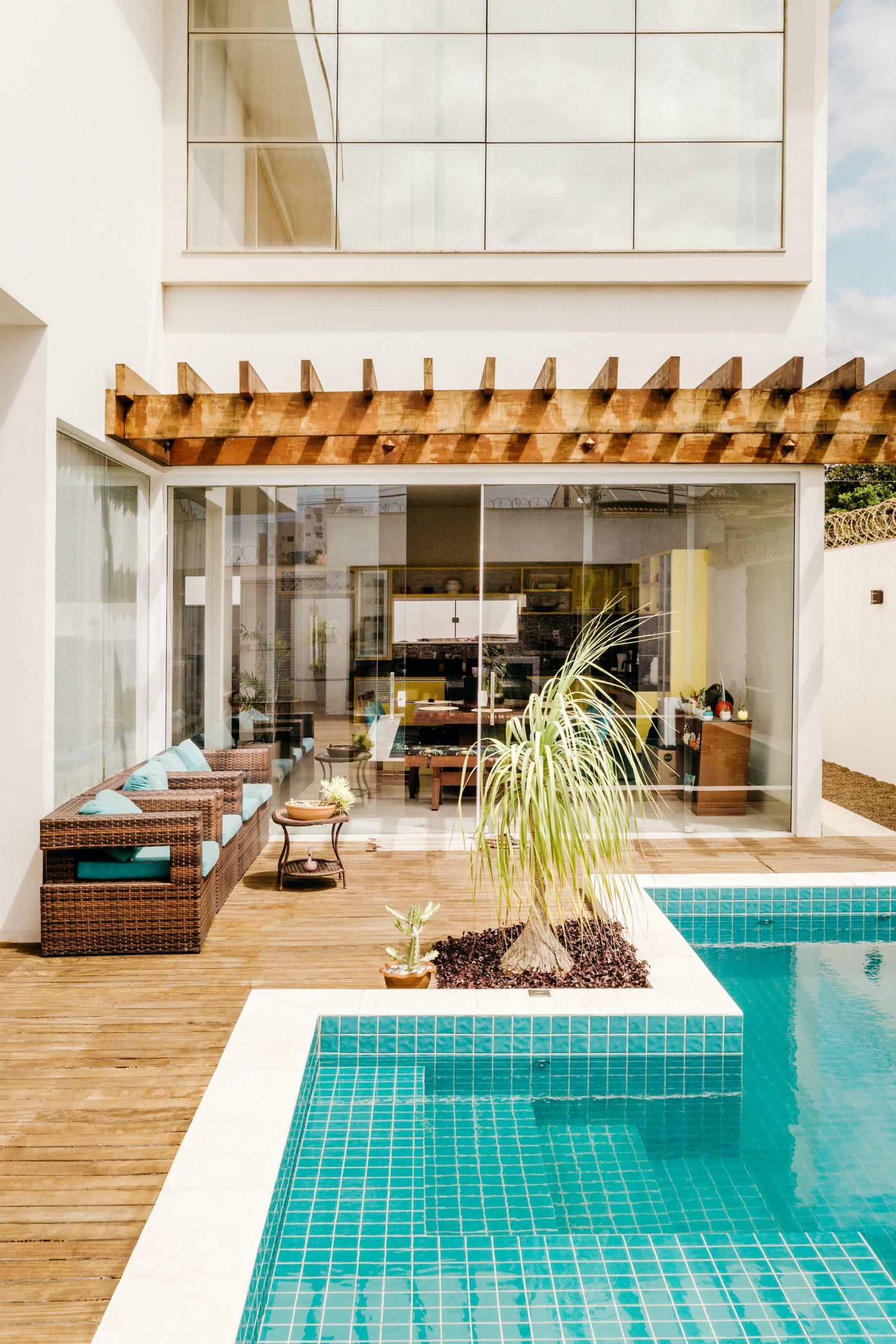
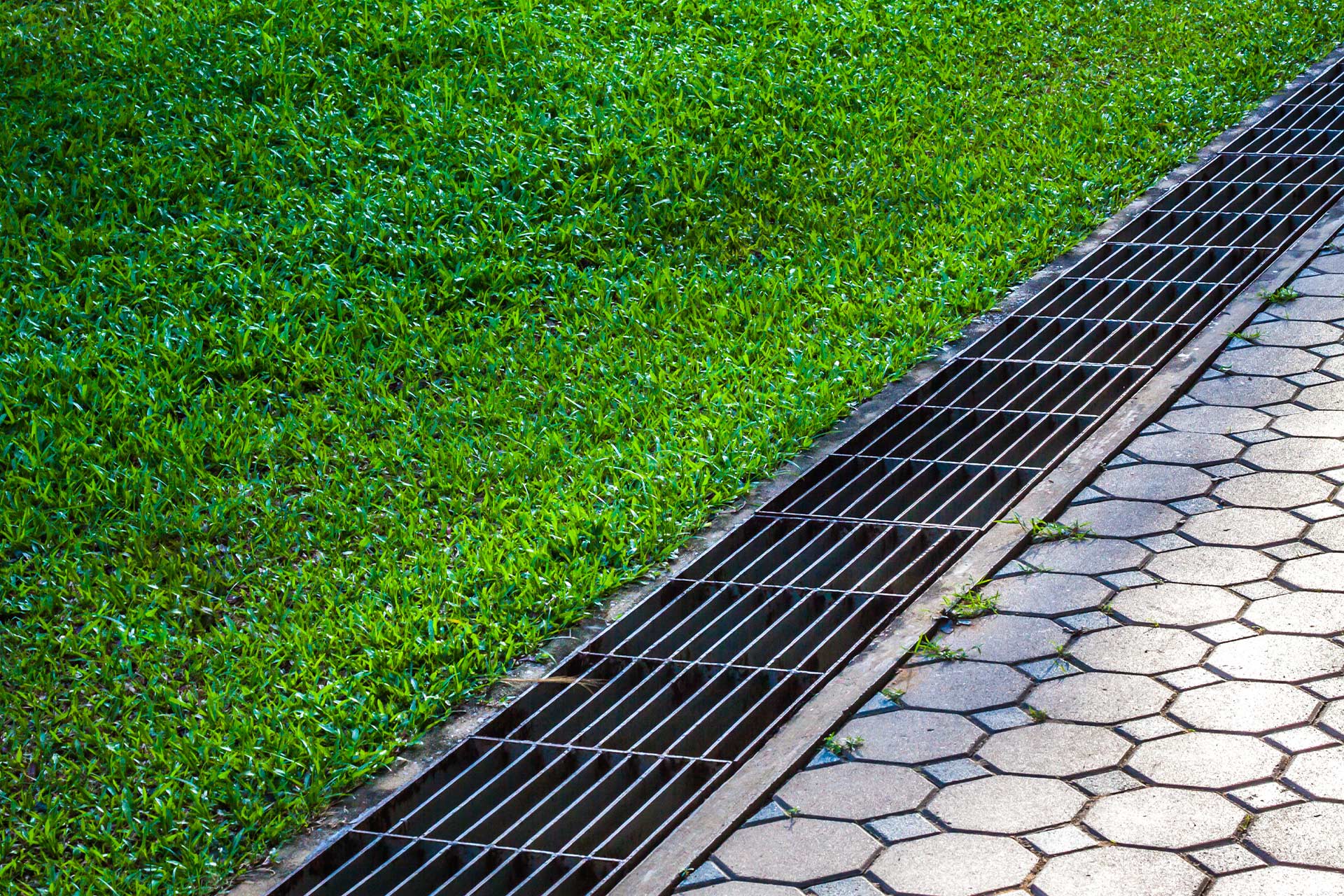
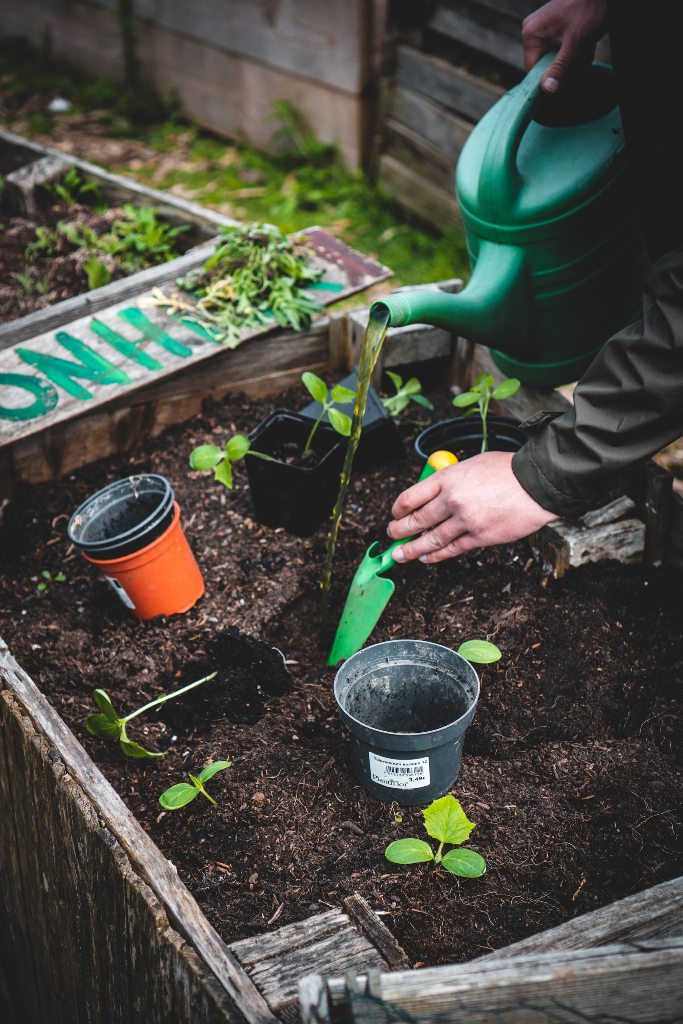
1 thought on “Biblical Garden: Exploring King Solomon’s Garden”